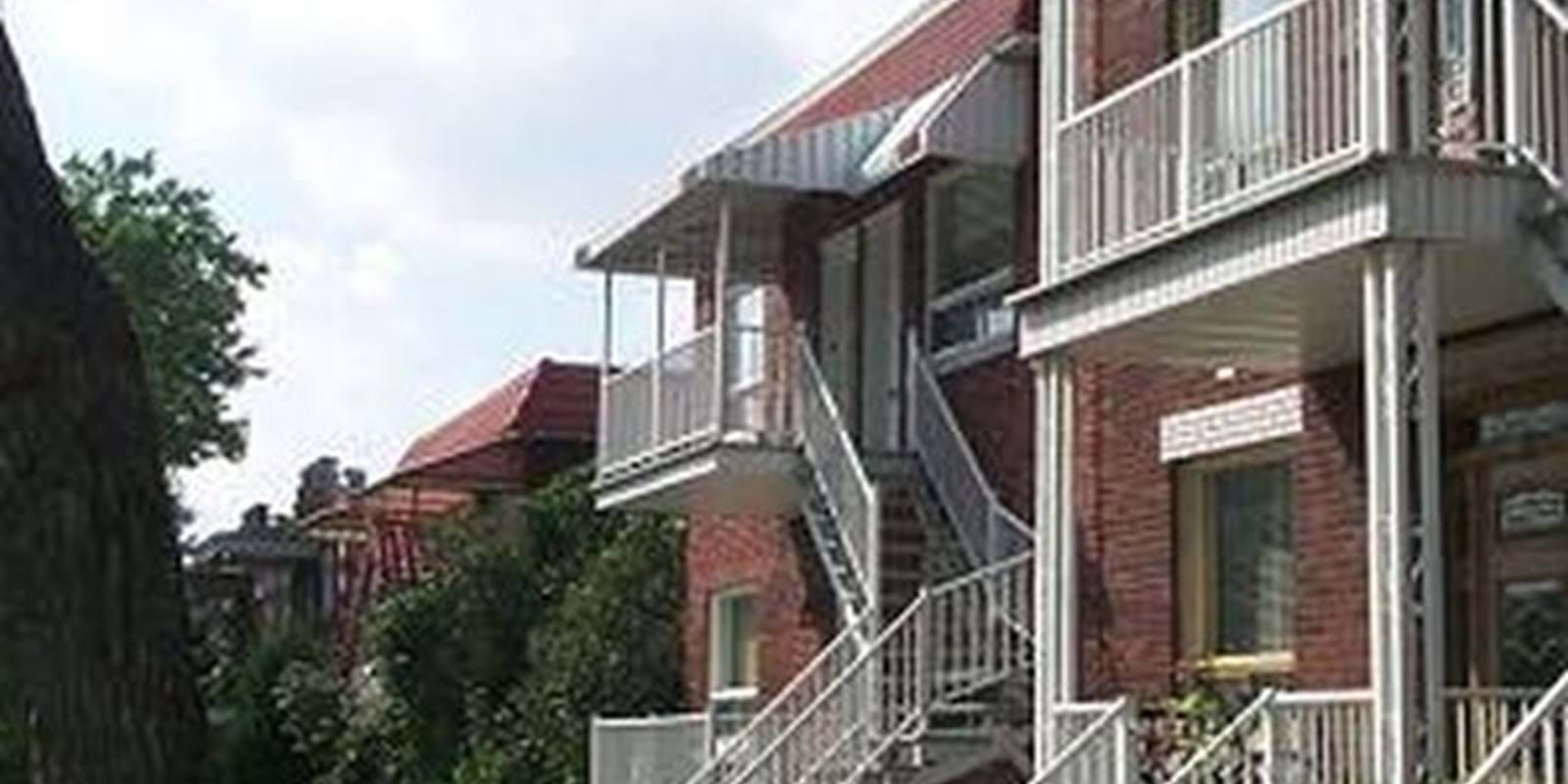"In the majority of the major markets we track in North America, Europe and Australasia, inflation-adjusted home prices declined on a year-over-year basis in the second quarter of 2011," said Adrienne Warren, Senior Economist and Real Estate Specialist, Scotia Economics. "While Canada's hot housing market also has begun to cool, it remains a notable outperformer."
"Historically low borrowing costs combined with sharply lower home prices -- in many markets -- have restored considerable housing affordability," added Ms. Warren. "In more typical times, this would be a sufficient catalyst for a strong revival in housing demand. Indeed, residential investment traditionally has played a leading role in economic recoveries."
But these are not normal times, according to the report. Consumer confidence has been dented by persistently high unemployment, intensifying European sovereign debt concerns, and signs that the global economic recovery is rapidly losing momentum. Renewed financial market volatility is adding to the general sense of unease. Many household are choosing to prioritize savings and debt repayment over major new purchases.
"We expect global housing demand to remain moribund until the global economic recovery gets back on a firmer footing and some financial market stability returns," stated Ms. Warren. "An oversupply of owner-occupied housing, due to overbuilding and rising foreclosures, remains problematic in many markets, adding to the downward pressure on prices. A generally more cautious lending environment also will hold back the pace of recovery."
Of the nine major developed markets tracked by Scotia Economics, with available Q2 data, only Canada, France and Switzerland registered positive year-over-year (y/y) real price growth.
Canada's housing market stands out in its resilience and longevity. Average inflation-adjusted existing home prices were up five per cent y/y in the April-June period, on par with the first-quarter's pace of appreciation. Data for July and August point to continued firm but stable sales through the late summer, alongside a levelling out in prices.
"Ultra-low interest rates will continue to support affordability in the face of record high prices," noted Ms. Warren. "Nonetheless, heightened economic uncertainty combined with recent signs of a loss of momentum in Canada's jobs market could keep some potential buyers on the sidelines for the time being. On balance, we anticipate a modest slowdown in the volume of sales transactions heading into year end, alongside relatively flat prices."
France has so far bucked the broad deteriorating trend seen in many other European property markets. Average inflation-adjusted home prices rose five per cent y/y in Q2, only modestly below the seven per cent y/y increase in Q1. Switzerland's housing market also remains quite buoyant. Average real home prices were up four per cent y/y in Q2, maintaining the steady pace of appreciation of recent years.
In the remaining six markets, real home prices declined on a y/y basis in the latest quarter. In the United States, average inflation-adjusted home prices fell six per cent y/y in Q2, a slightly larger decline than the five per cent y/y retrenchment recorded in Q1.
Over in Europe, average inflation-adjusted home prices in the U.K. were down six per cent y/y in Q2, a faster rate of decline compared with the prior quarter's four per cent y/y slide. The slump in Spain's property market continues unfettered. Average inflation-adjusted home prices were down 10 per cent y/y in Q2 after falling nine per cent y/y in Q1. Ireland's housing slump, the deepest in Europe, shows no sign of letting up. Inflation-adjusted home prices were down 14 per cent y/y in Q2, an acceleration from the first quarter's 12 per cent y/y decline. Home prices in Sweden turned negative on a y/y basis in Q2 for the first time since 2009Q1, albeit falling just one per cent y/y.
Some air has been let out of the sails of Australia's property boom. Inflation-adjusted prices fell six per cent y/y in Q2, following a three per cent y/y decline in Q1. However, the recent setback follows outsized gains in recent years, leaving average prices near record levels.

